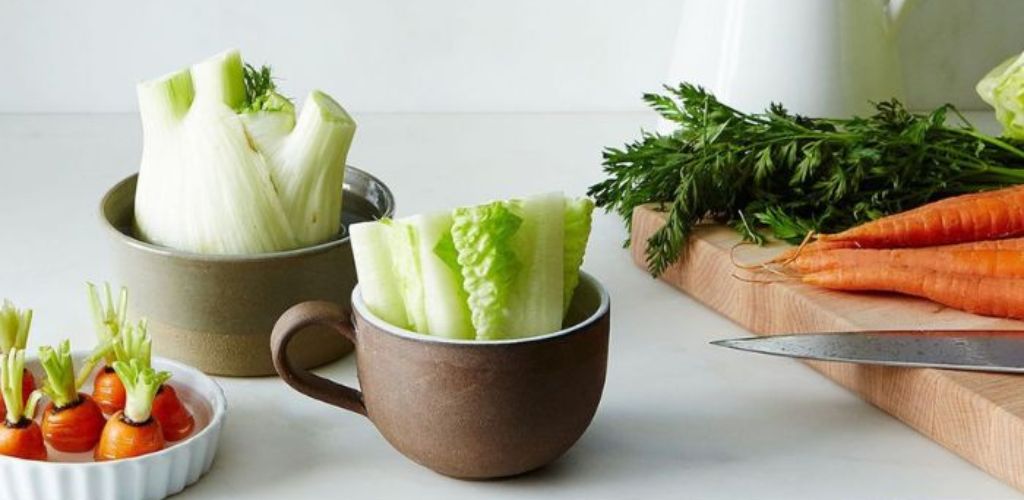17.01.2025
You can grow these vegetables (almost) WITHOUT WATER, you always have them on the table | You won’t have any problems in summer!
Vegetables You Can Grow (Almost) WITHOUT WATER
Discover these drought-tolerant vegetables perfect for hot summers. Easy to grow and maintain, they ensure a steady supply of fresh produce on your table even with minimal watering.
1. Tomatoes (Cherry Varieties)
- Why grow them: Once established, tomatoes require little water and produce abundantly.
- Tips: Water deeply once a week. Use mulch to retain soil moisture.
2. Peppers
- Why grow them: Peppers thrive in dry conditions and are versatile in the kitchen.
- Tips: Direct water to the plant base, avoiding the leaves to prevent diseases.
3. Zucchini
- Why grow them: This resilient vegetable grows well with infrequent watering.
- Tips: Ensure well-drained soil and use compost to enhance moisture retention.
4. Eggplants
- Why grow them: Perfect for warm climates, eggplants require minimal irrigation.
- Tips: Water deeply every 10 days and mulch around the base.
5. Herbs (e.g., Rosemary, Thyme, Sage)
- Why grow them: Mediterranean herbs are naturally adapted to arid environments.
- Tips: Plant in well-drained pots or garden beds. Prune regularly to promote growth.
6. Carrots
- Why grow them: Carrots’ deep roots access moisture from deeper soil layers.
- Tips: Water thoroughly during early growth stages and less as they mature.
7. Onions and Garlic
- Why grow them: These hardy crops need water mainly during their initial stages.
- Tips: Allow the soil to dry out between watering sessions for better bulb development.
8. Beans and Peas
- Why grow them: These legumes are drought-tolerant and yield high harvests.
- Tips: Limit watering after germination and focus on hydration during flowering.
General Tips for Low-Water Gardening
- Mulching: Cover the soil with organic mulch to reduce evaporation.
- Efficient Watering: Water early in the morning or late evening to avoid evaporation.
- Soil Prep: Mix organic matter or compost to improve soil moisture retention.
- Companion Planting: Grow drought-tolerant plants together for shared resilience.
- Deep Watering: Encourage deep root growth by watering less frequently but thoroughly.
By growing these hardy vegetables, you can enjoy fresh, homegrown produce all summer without stressing about water usage. 🌱
